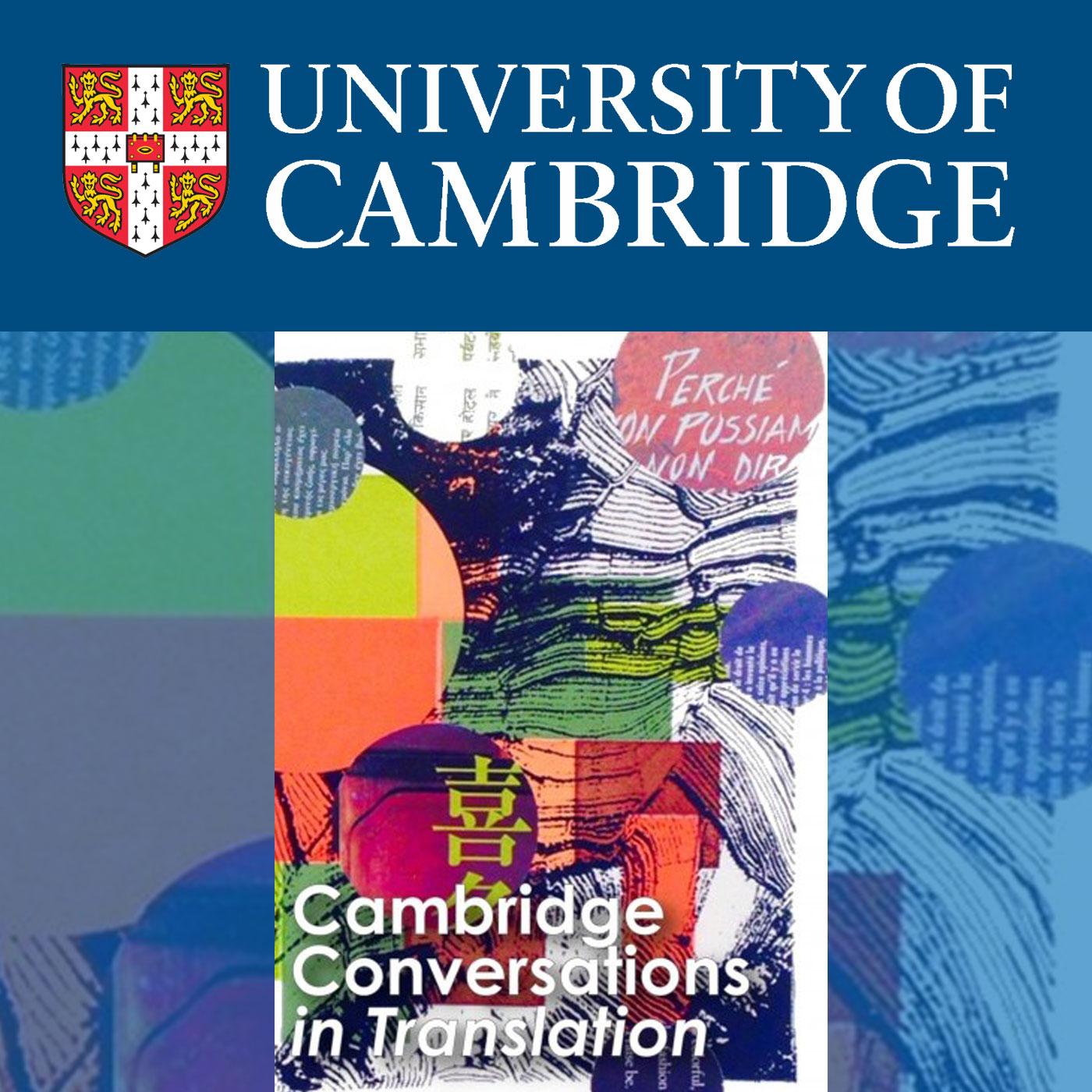Cambridge Conversations in Translation - 14 October 2015 - Translation and Poetry (Panel)
Description
Adriana X. Jacobs (Associate Professor and Cowley Lecturer in Modern Hebrew Literature; Fellow, Oxford Centre for Hebrew and Jewish Studies, University of Oxford)
James Montgomery (Sir Thomas Adams’s Professor of Arabic, Executive Editor of the Library of Arabic Literature, AMES, Cambridge)
Rowan Williams (Master of Magdalene, Cambridge)
Moderator: Marcus Tomalin (English/Engineering, Cambridge)
Within the domain of literary translation, poetry has traditionally attracted a great deal of scholarly attention (Holmes 1970, 1988; Lefevere 1975, 1992; Bassnett 1980; Hermans 1985; Eco 2003; Robinson 2010; Jones 2011; Reynolds 2011, Drury 2015). The constraints offered by rhyme and meter may sometimes appear to justify the statement (often attributed to Robert Frost) that ‘poetry is that which is lost in translation’. The notion of translatability frequently seems to defy the very essence of poetry since it is a literary medium in which meaning and structural form seem to be inextricably linked. Even proponents of strikingly different approaches to poetry translation usually agree that any expectation of absolute ‘fidelity’ (whatever that is) must necessarily be qualified or compromised in one way or another. But which aspects of a given poem can be safely jettisoned, and which must be doggedly preserved? Nabokov’s literal approach contrasts with Ezra Pound’s ‘remakes’, and the ongoing debate sparked by Paul Celan’s work offers numerous challenging and conflicting insights. From crib translation to ‘versioning’, from tribute to parody, from Bringhurst’s ‘re-elicitings’ to Queneau’s exercises in style, translation has been an important aspect of creative practice for many influential poets.
The panel discussion will explore the role of poetry translation in different cultures and historical periods from a range of theoretical and practical perspectives.
More Episodes
Olga Castro (Aston)
Moderator: Monica Boria
Gender-based metaphors and analogies have often been deployed to describe the act of translation: the notion of a translated text as a beautiful but unfaithful woman (Gilles Ménage, 1654) and the translator as a violator or usurper of the author’s...
Published 05/23/18
Caroline Summers (Leeds)
Pauline Henry-Tierney (Newcastle)
Jen Calleja (Translator)
Moderator: Monica Boria
Gender-based metaphors and analogies have often been deployed to describe the act of translation: the notion of a translated text as a beautiful but unfaithful woman (Gilles Ménage,...
Published 05/23/18
Jeremy Munday (Leeds)
Delia Chiaro (Bologna)
Moderator: Marcus Tomalin (Cambridge)
Diversity, in its diverse forms, has come to characterise those modern nation-states that advocate the socio-political advantages of cultural and ethnic pluralism – and sociolinguistic diversity in particular...
Published 02/23/18


